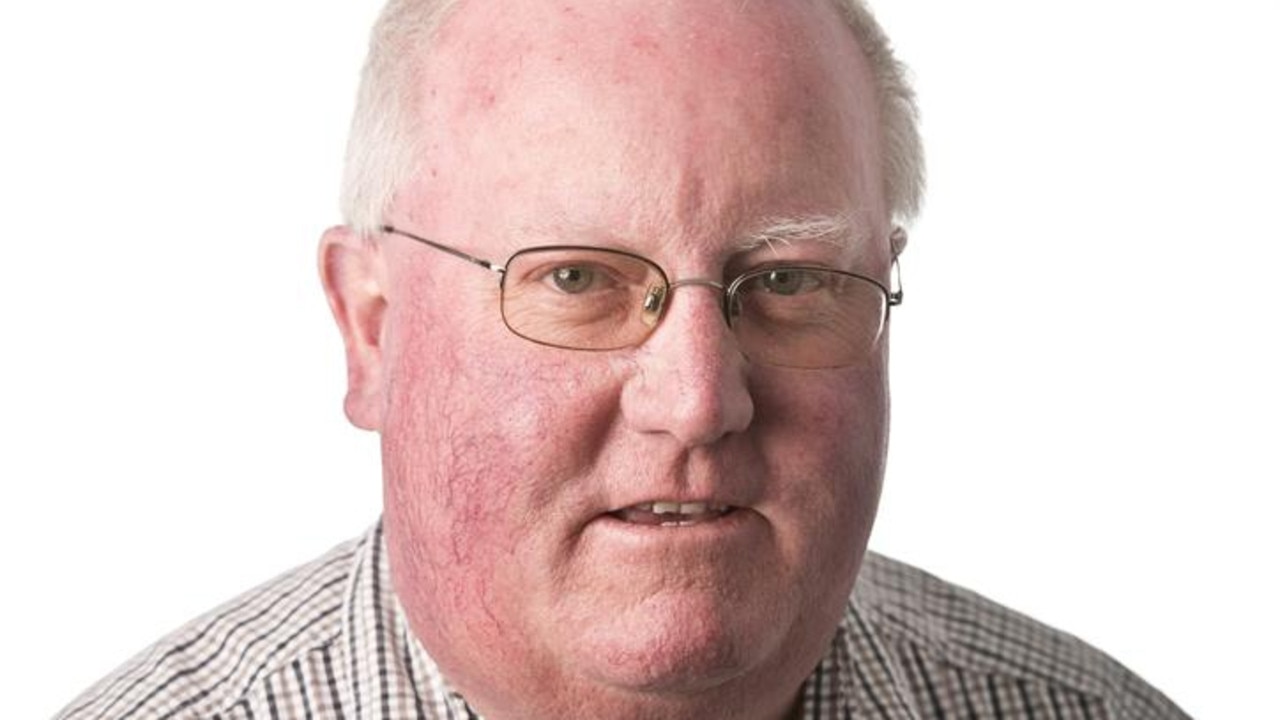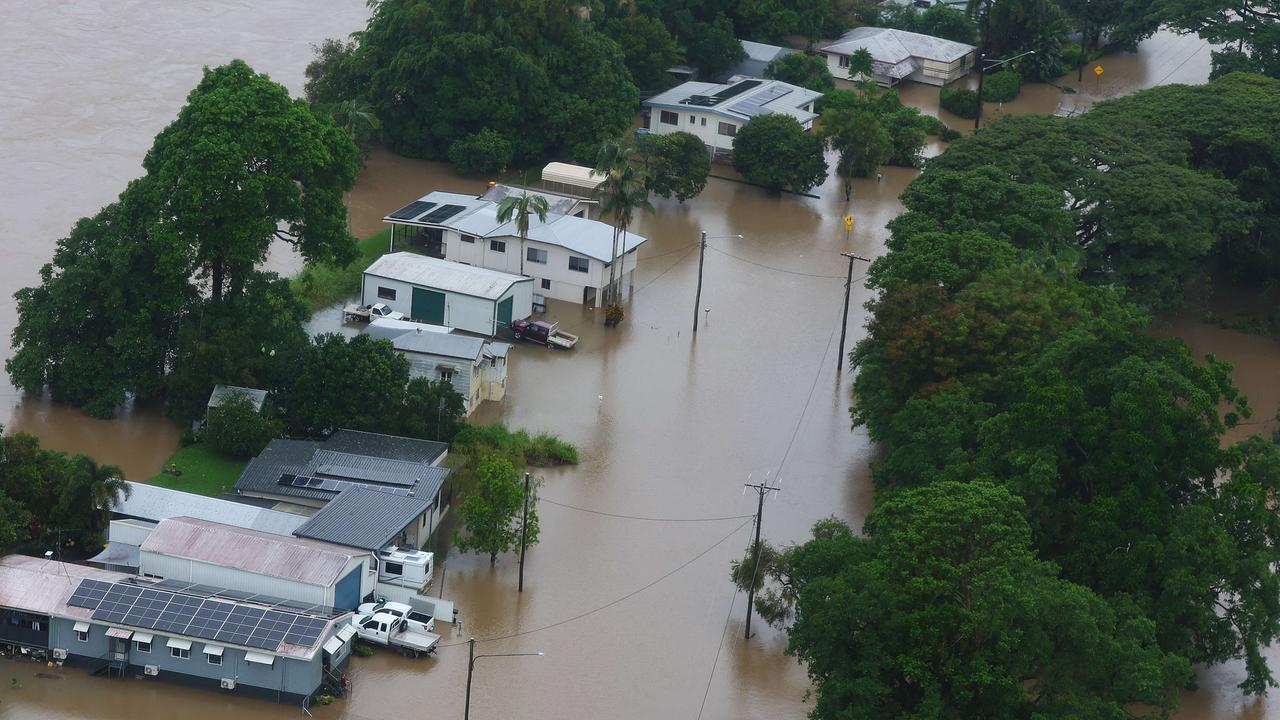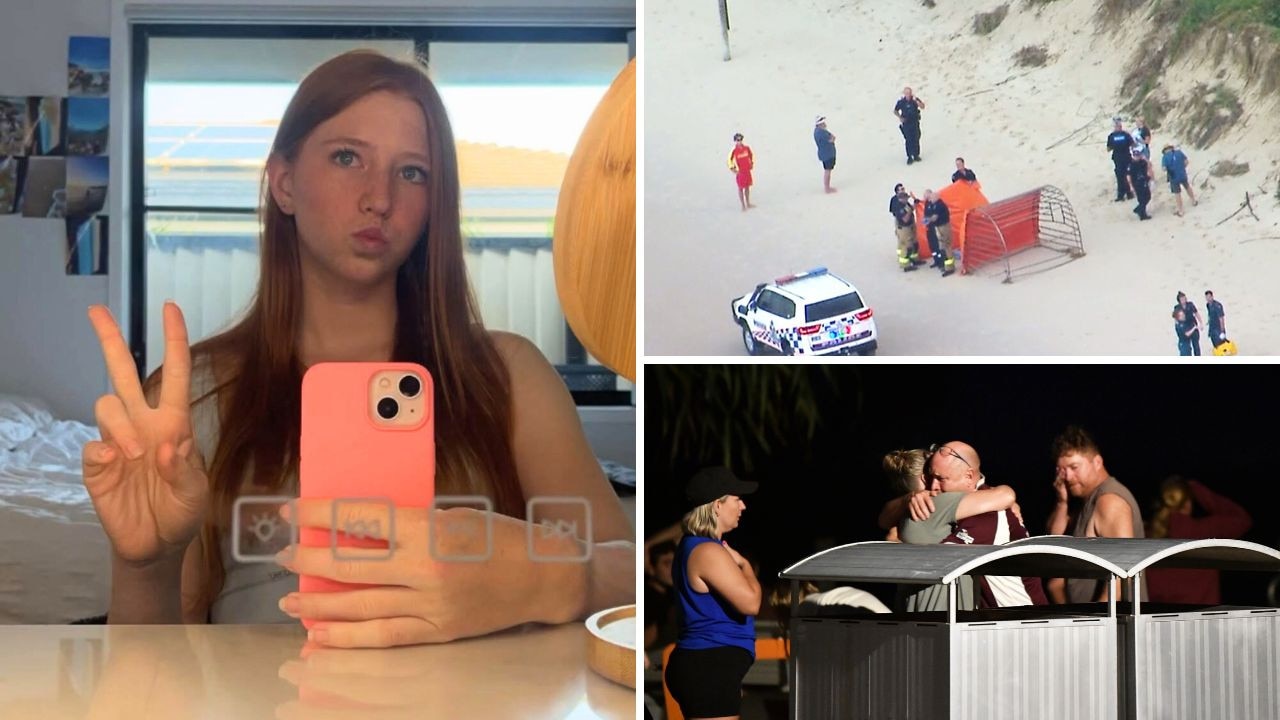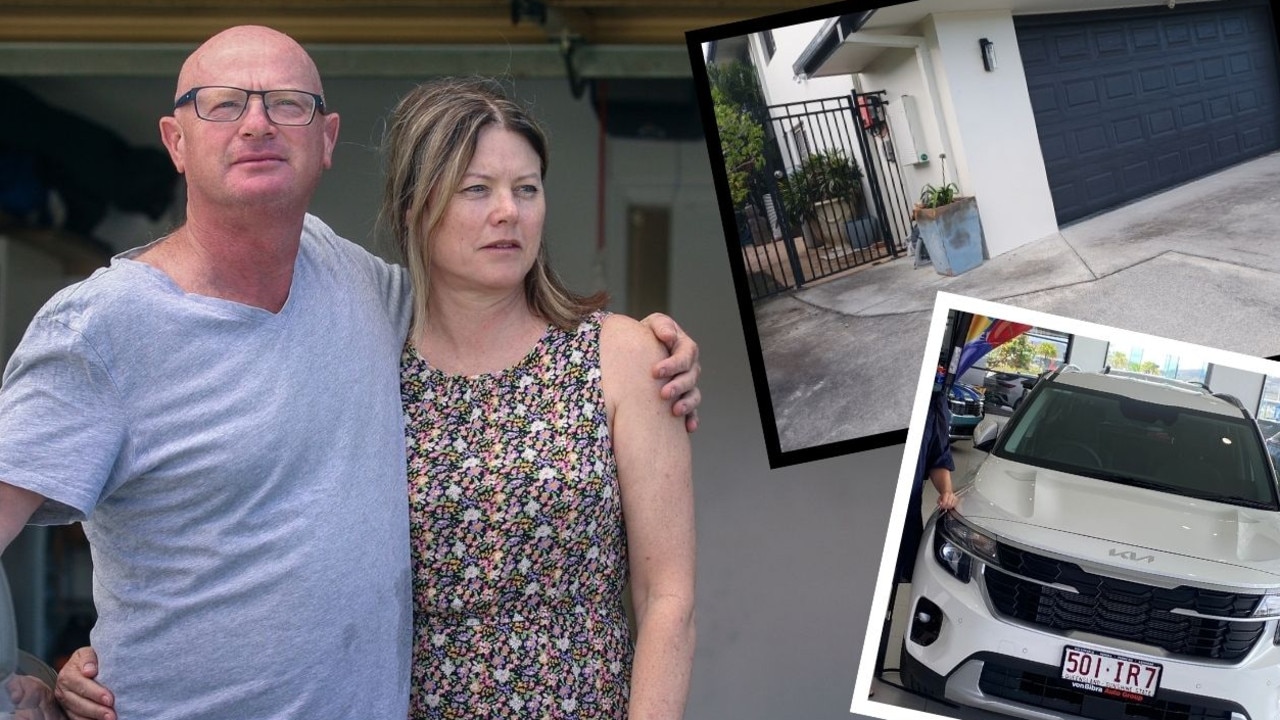Inside the devastating reality of living with mental health on streets
Where do you go when you have no where to live and chronic mental health conditions mean the only options are not possible? This is the question keeping former Lifeline Darling Downs CEO Derek Tuffield awake at night and what has left a Toowoomba woman homeless and out of options.
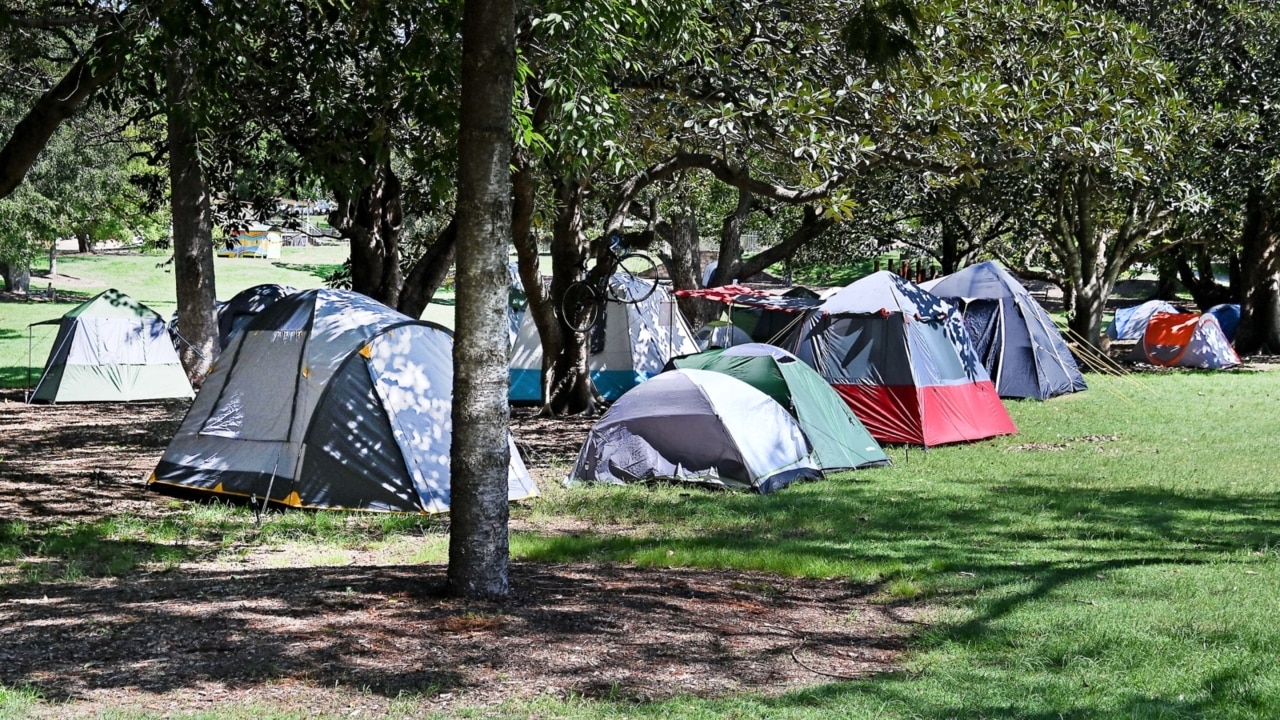
News
Don't miss out on the headlines from News. Followed categories will be added to My News.
Mental health and the housing crisis are two issues which have plagued many Australians and for Derek Tuffield, his strong desire to tackle the problems keep him awake at night.
The former chief executive officer of Lifeline Darling Downs received an alarming phone call one Saturday evening in 2017, alerting him to a woman who was sitting on a public basketball court with her two children, surrounded by suitcases and with no where to go.
This was the moment Mr Tuffield was first introduced to Susan Ford – a Toowoomba woman who has experienced a lifetime of trauma and struggles with chronic mental health.
After funding short-term accommodation for Ms Ford and her family and putting them in contact with local support organisations, Mr Tuffield’s generosity appeared to pay off.
But with housing crisis pressures and Ms Ford’s mental health struggles intensifying, the now 57-year-old woman has found herself living on the streets for the past four months with her loyal pet Shih tzu named Puppy.
“I won’t go anywhere without Puppy – she’s my girl and she’s just a part of me,” Ms Ford said.
“She’s wonderful – she rolls over and plays shy and makes me laugh when I’m feeling sad.”
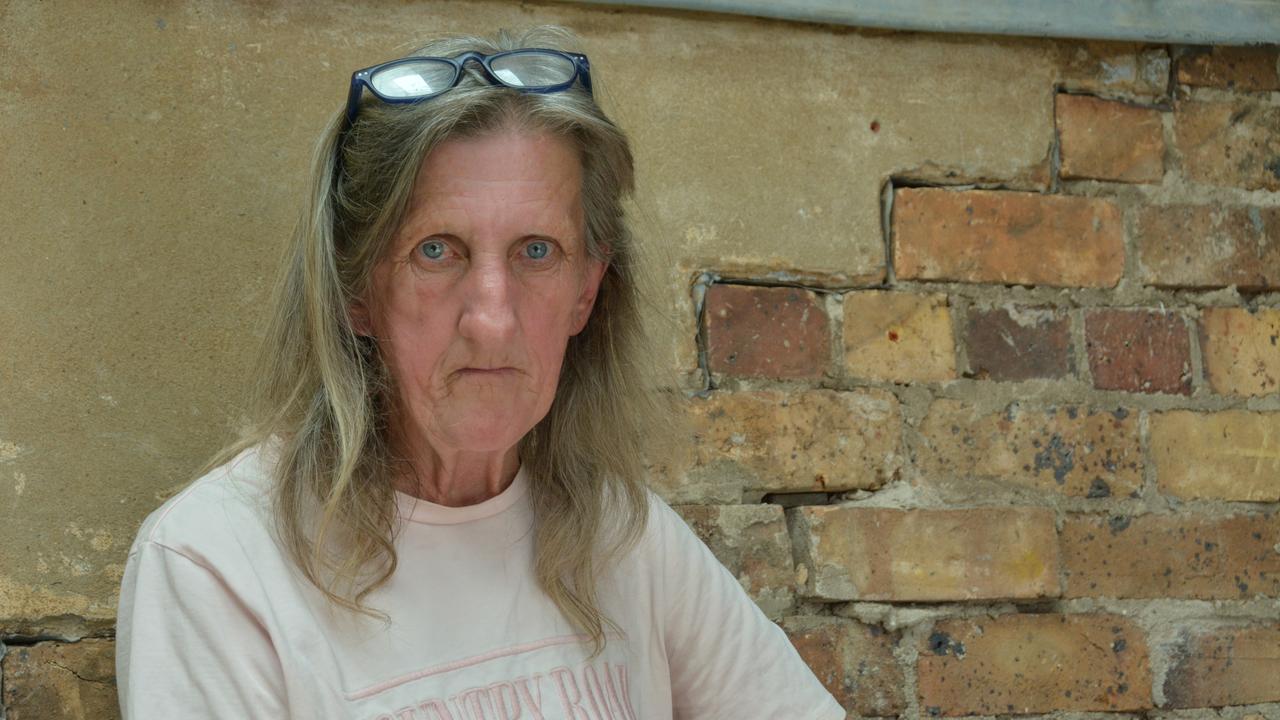
While Ms Ford has experienced homelessness on two other occasions, she said this was the longest length of time she had spent living rough on the streets.
During this time, she has battled fierce weather conditions, insect infestations, struggled to sleep and felt unsafe.
Many charities, organisations and the housing department have assisted Ms Ford with food, supplies and accommodation over the years, but sadly she felt these options did not meet her specific needs.
This included two properties Ms Ford decided to leave as she did not feel safe living in large accommodation blocks and near too many people.
Ms Ford said she would prefer to live in a one-bedroom unit in a remote area so she could play music, near people closer to her age and where facilities were within walking distance.
“The department and other organisations have worked really hard with Susan over the years, but she has suffered a lot of trauma in her life so when things don’t go well she does react, which can cause those support services to back off,” Mr Tuffield said.
“People with mental health issues find themselves in a continuous loop, a revolving door, and because of that they react badly to situations and can become angry or frustrated.
“Social housing is being built but a family will also get a preference over a single person which is understandable, but how do we cater for the single individuals who are vulnerable, struggle with mental health, are getting older and need permanent accommodation?
“Housing is under a lot of demand and there is no magic wand fix but as a community we need to address this and we need to find somewhere for Susan and others to live that actually allow them to rebuild and stabilise their lives.”
Mr Tuffield said while he acknowledged Ms Ford’s mental health caused her to make poor choices at times, he could not bear the thought of her and others living on the streets.
The experienced mental health professional said he had also attempted to reconnect her with family members based in Brisbane but she declined these offers as she wanted to be in a more stable environment first.
“I don’t like the idea that Susan is sleeping at the back of a building, on the streets, as a vulnerable single woman at night-time and is exposed to the elements,” he said.
“From my experiences, the sense of defeat comes in really quickly when they keep getting knocked back, their sense of self deteriorates and they start to think about checking out of the universe – that’s a dangerous place to be.
“According to Maslow’s Hierarchy, the basic needs are shelter, food, water and clothing and right now Susan has none of those things.”
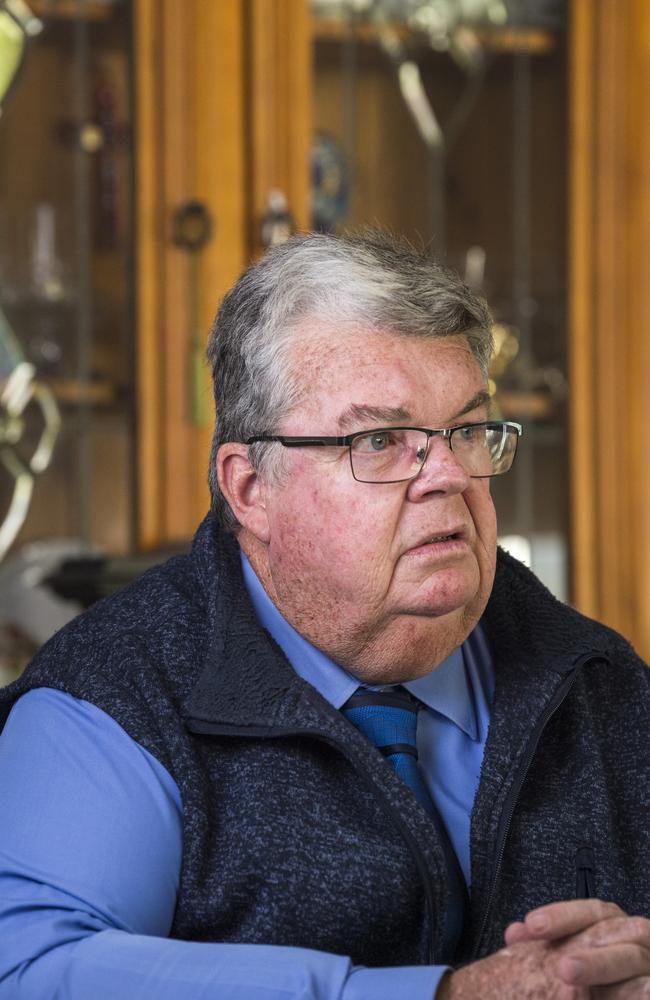
Complicating the matter further, many accommodation centres do not allow animals to stay onsite – a non-negotiable for Ms Ford, who said her canine companion was her everything.
“Even though people have tried helping me, I feel so alone and I can’t see a way out of this,” she said.
“All I’m asking for right now is a roof over my head in a place where I feel safe and can bring my dog.”
Mr Tuffield said while the solution would not be a quick or simple one, he said he believed mentorship programs to support and guide people with mental health challenges would be a start, as well as social housing targeted to suit individuals.
“People have said to me ‘well Susan is just one of thousands’ which is true – you walk around the corner and so many people – and young people – are living on the streets, but if we don’t address this nothing will change,” he said.
“I want to see Susan in a place where she has a roof over her head, has her finances in order, has quality of life with her dog and can reach out to her sons.”
If you are struggling or this story raised concerns, please phone Lifeline on 13 11 14.




